RapidArc® Radiotherapy
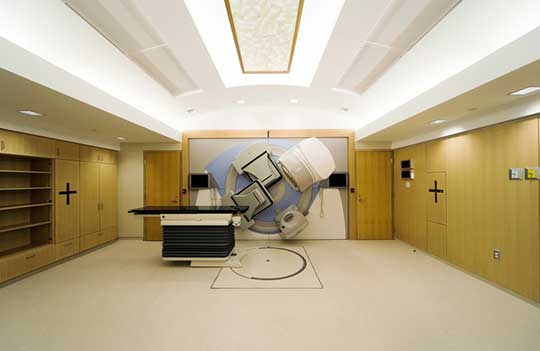
Surgery is not always a possible option for patients with cancer.
In some situations, there's a possibility that cancer has spread to other areas beyond where it originated even after the affected organ or gland has been removed. These are some of the reasons why a urologist may suggest radiation therapy, either as a primary treatment or a complement to surgery and other treatments.
- A newer form of radiation treatment is image-guided intensity-modulated radiation therapy.
- Also known as RapidArc® radiotherapy, it's delivered faster than traditional radiation treatment.
Contact Us Today
RapidArc® Radiotherapy Basics
RapidArc® delivers radiation to the affected area in a single rotation with a medical linear accelerator. Computer-generation images allow the radiation to be administered with beams of energy that conform to the shape of the tumor. Using the prostate as an example, this means the beams would be shaped in a way that targets the cancerous tissues in the tumor in the prostate gland in a way that protects healthy tissues better than what's possible with standard radiation treatments.
Initial Testing
Prior to treatment, patients are examined and tested to identify what tissues are affected in the urinary system. For instance, a patient with bladder cancer would have a CT scan or MRI to determine if the cancer is limited to the bladder or if the ureters, urethra, or urinary tract are also affected. This information is then used to determine where to apply radiation with the medical linear accelerator.
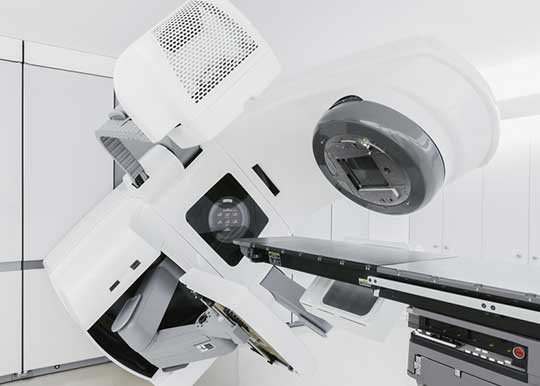

Simulation Sessions
Patients sometimes have a simulation session prior to starting regular RapidArc® treatment. The purpose of doing so is to localize cancer as much as possible before a regular treatment schedule is recommended.
How RapidArc® Radiotherapy Is Done
During regular sessions, the patient rests on the a table while the machine that delivers the radiation does a 360-degree revolution around the patient. Radiation is usually applied in less than 2 minutes per fraction in a single rotation. Standard radiation can take 20 minutes or longer to deliver. There's no need to stop and readjust the angle.
How Patients May Benefit from RapidArc®
The main benefit of RapidArc radiotherapy for patients is the ability to administer very precise doses of radiation quickly. Since there is no need to reposition patients during each application, there's less risk of not precisely targeting cancerous tissues. Patients also benefit from:
- Shorter sessions
- Improved comfort during treatment
- Reduced radiation exposure
Results from RapidArc® radiotherapy will vary, depending on what specific type of urinary cancer is being treated, its stage, what areas it's affecting, and a patient's overall health. Because RapidArc® is more precise and targeted, treatment can be started and completed within a relatively short period of time with fewer risks. Rapid treatments can also reduce the risk of experiencing a slight shift in the organ being treated since radiation is applied in a shorter duration with each session.
Contact Our Renowned Specialists Today!
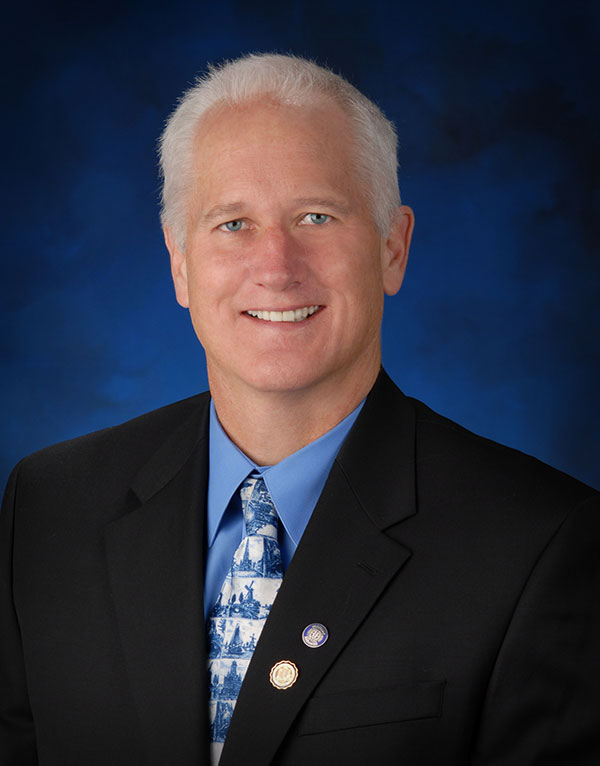
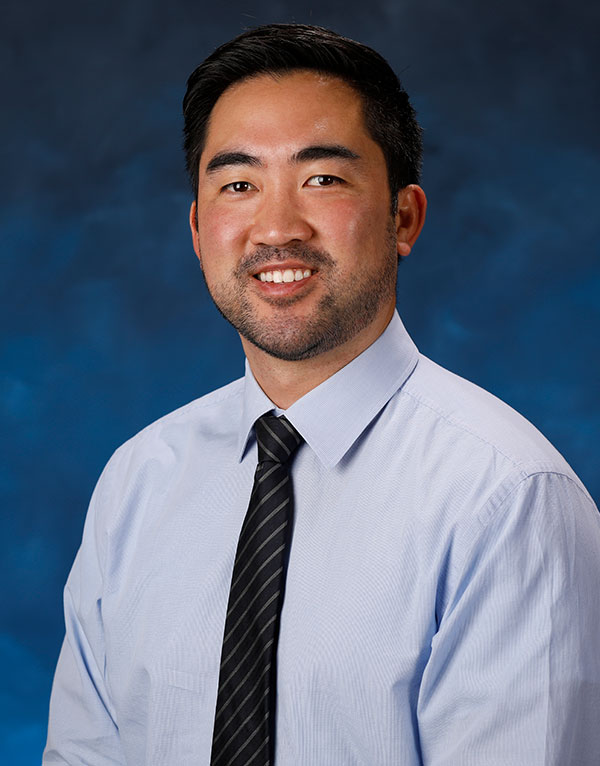
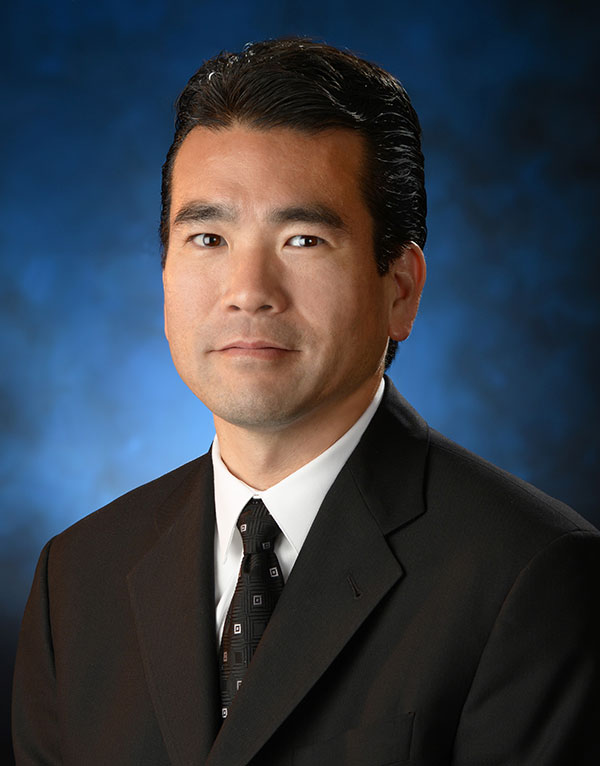
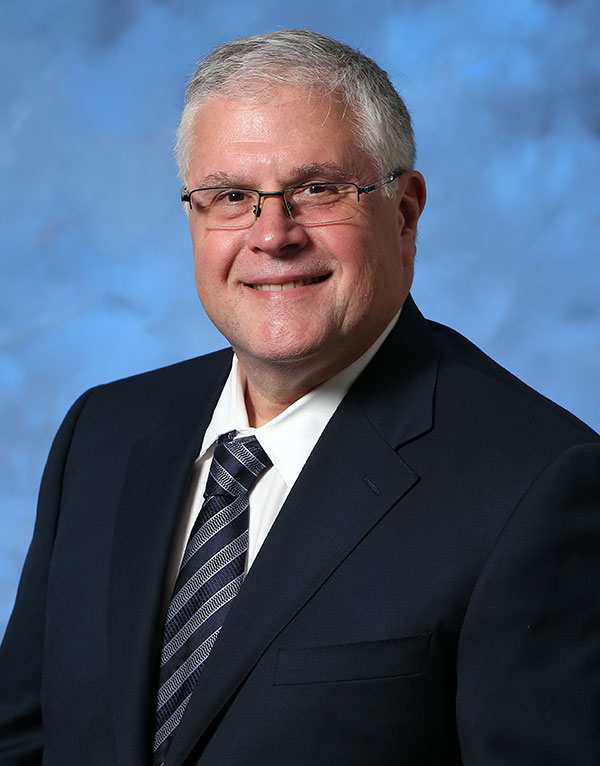
Disclaimer : All content posted on this website is commentary or opinion. This website does not give or attempt to give medical advice and your personal information is not stored. THIS WEBSITE IS NOT DESIGNED TO – AND DOES NOT – PROVIDE MEDICAL ADVICE.
© Copyrights UCI Department of Urology, All rights reserved. | Links | UCI Men's Health Department | UCI Kidney Stone Center | UCI Pediatric Department | UCI Prostate Cancer Center | Privacy Policy | ADA Disclaimer
Internet Marketing

